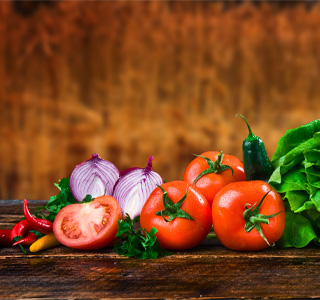7 Nutrition Tips to Keep Healthy This Winter
The air has an unmistakable bite to it, the landscape is covered in a blanket of snow, and it is about the time of year people begin to hibernate. Unfortunately, with winter comes an onslaught of colds and cases of the flu. Despite the age-old adage that you would catch a cold if you went outside with wet hair in the winter, the cold itself cannot get you sick. Sickness is more prevalent in the winter months because of the cold, dry air, more time spent indoors, vulnerable respiratory systems, and less daylight.
Luckily, there are ways to stave off sicknesses, one of the most important being nutrition. Absorbing nutrients from the food we eat is one of the best ways to strengthen the immune system, make you more energized, and improve your mood. Below are seven nutrition tips to help keep you safe from even the nastiest sicknesses.
Load up on fresh fruits and vegetables
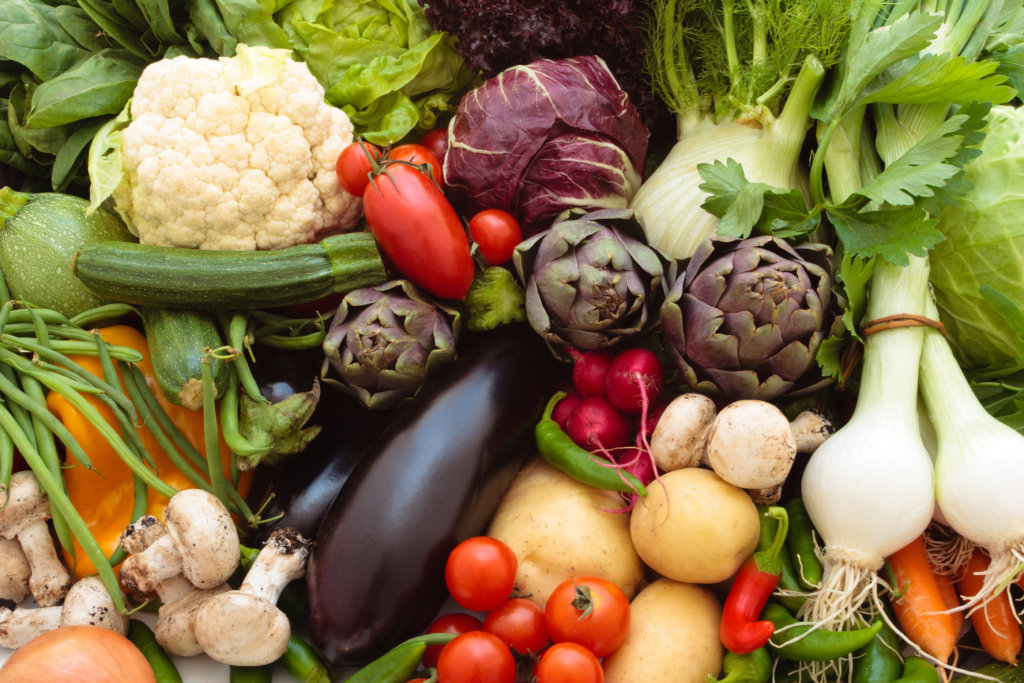
Fresh fruits and vegetables are obviously at the top of the list. These provide you with an abundance of phytochemicals, minerals, and vitamins. The nutrients provided will help protect your immune system against unwanted bugs. Try citrus fruits, red bell peppers, broccoli, spinach, papaya, and kiwis.
Buy seasonal
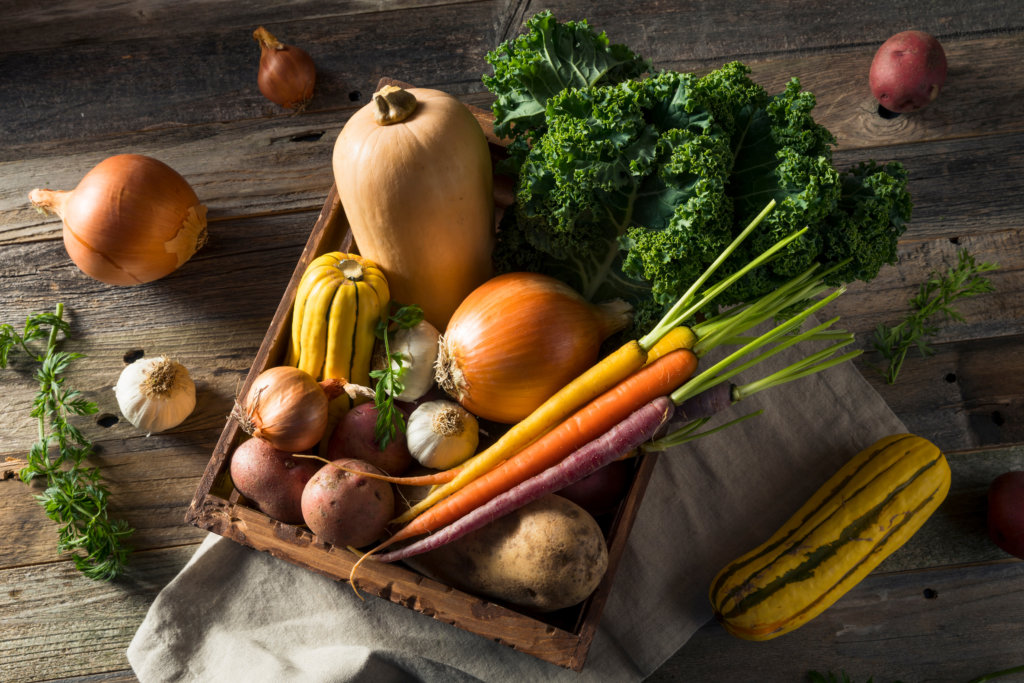
It is unsurprising that the longer produce is stored the less nutritional it is. Winter varieties like swiss chard, asparagus, root vegetables, kale, pumpkin, and winter squash are particularly good this time of year. With fruits, choose varieties that are harvested in late autumn, like apples, pears, pomegranates, and grapes. In case fresh produce is too expensive, frozen vegetables and fruit are not as bad as their reputation makes them out to be. Produce is shock-frozen shortly after it is harvested so many of the micronutrients are saved. Just watch out for artificial ingredients and defrost your produce in the refrigerator overnight.
Load up on onion and garlic
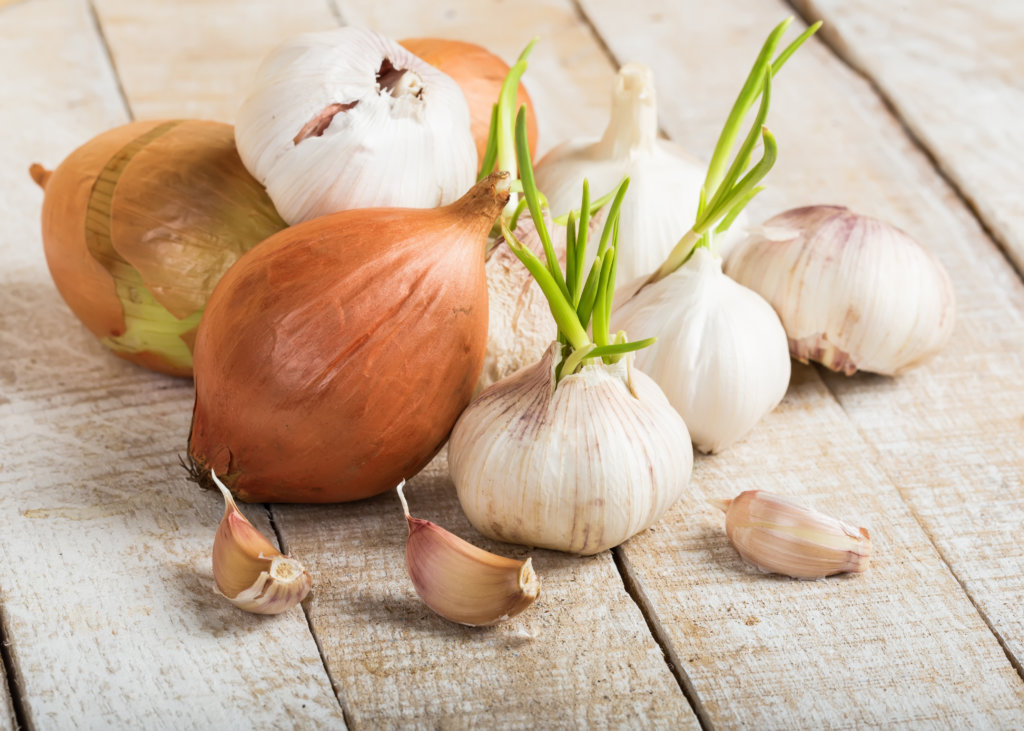
If a vegetable drives you to tears, you should eat it regularly. Onions, chives, leeks, and garlic are usually available year-round and are full of important nutrients that have both an antibacterial and disinfecting effect.
Eat red fruits for extra cell protection
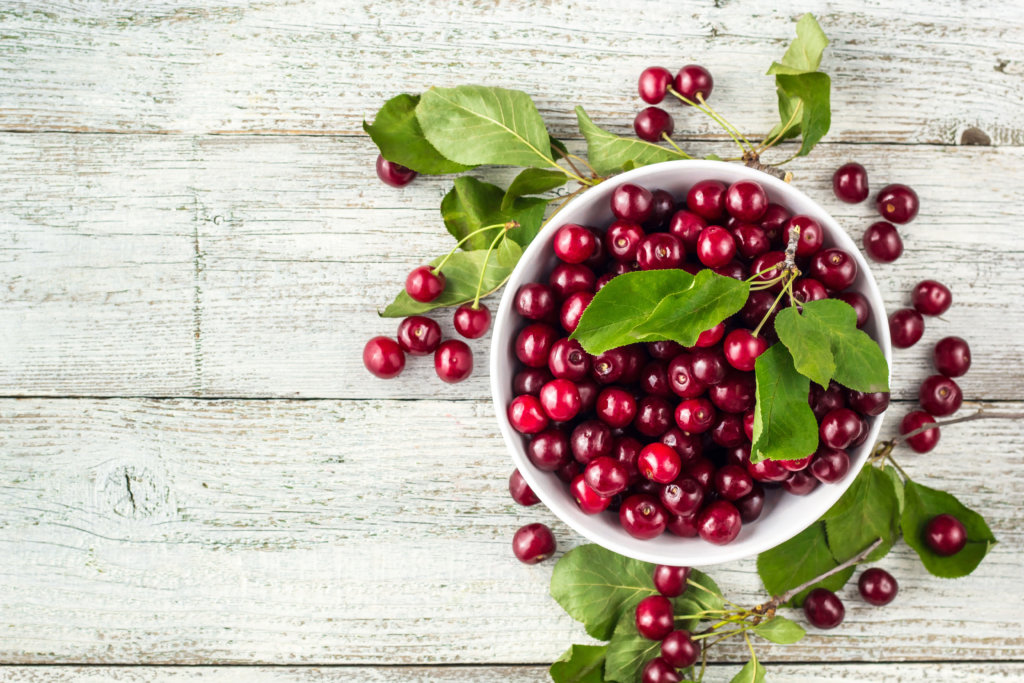
Red fruits have an antioxidant effect, which protects you from harmful free radicals that can easily damage your body’s cells, especially in the winter. Pomegranates and berries have the highest amount of natural antioxidants. Berries are typically out of season in the winter so pick up some frozen bags to save a few bucks.
Soak up the vitamin D, even when the sun is not out

Vitamin D is mood-lifting and has the ability to be produced by our bodies, but sunlight, in the form of UVB rays, is essential for this process. Obviously, winter lowers exposure to sunlight so the body must be given vitamin D in a different way, specifically in the form of food. Fatty fish, foods fortified with vitamin D, beef liver, cheese, mushrooms, and egg yolks are a good place to start.
Lacking energy? Go nuts
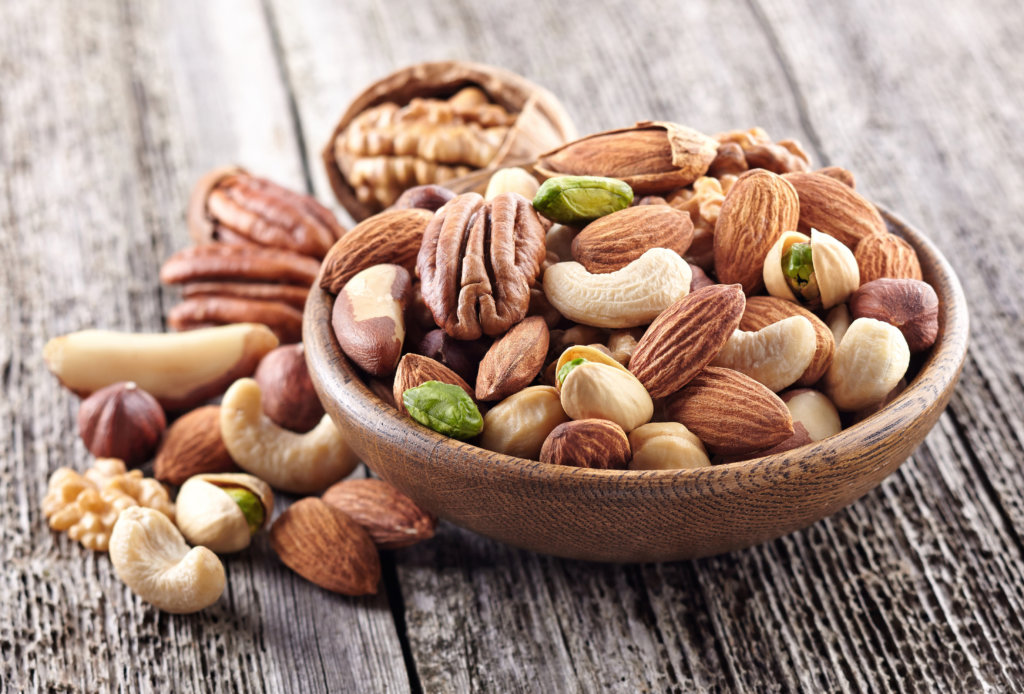
Longer periods of no or low sunlight means that more of the sleep hormone melatonin is produced. Melatonin makes you tired, sluggish, and unmotivated, which is ideal when you are ready to go to sleep, but less than ideal at 2 p.m. To combat the extra melatonin flowing through your system, you need to increase your serotonin, which is formed from the amino acid tryptophan. From peanuts to cashews, to sunflower seeds and hazelnuts, all sorts of nuts provide you with this important substrate.
Warm-up from the inside out
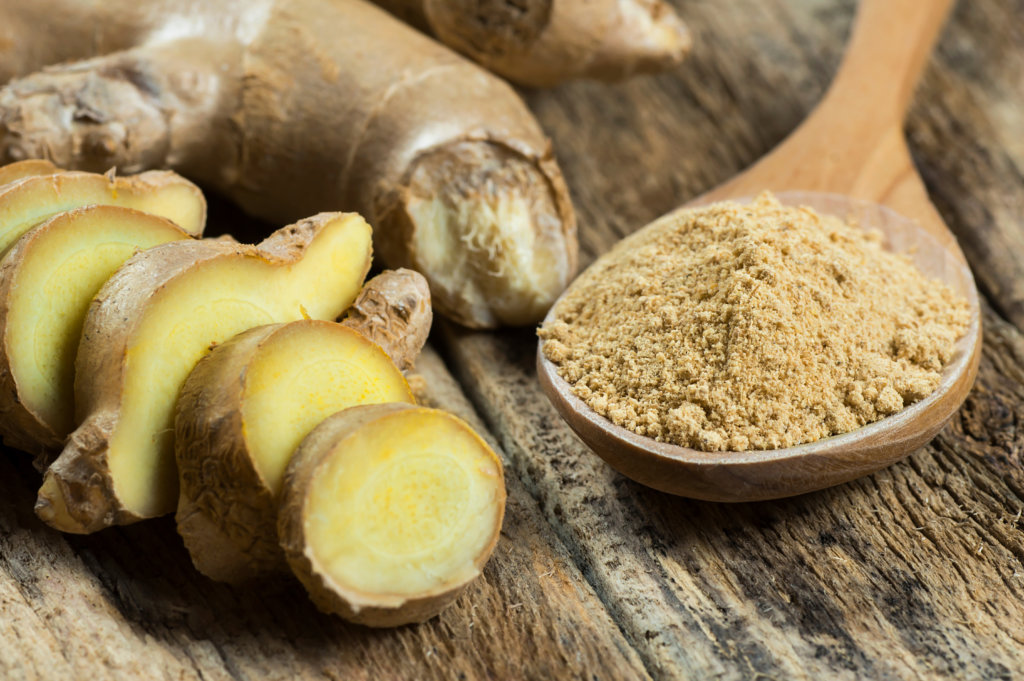
Spices like ginger, chili, pepper, cinnamon, and nutmeg stimulate your blood circulation and increase your metabolism while making you more resistant to low temperatures. So, these spices are more than just for taking your food to the next level.
